
Here we report on the progress of the leading builders in the Proof Verification ecosystem, documenting recent significant releases, technical breakthroughs and general updates
Featuring: @alignedlayer, @alt_layer, @NovaNet_zkp, @Pi_Squared_Pi2, @primus_labs, & @ZKVProtocol
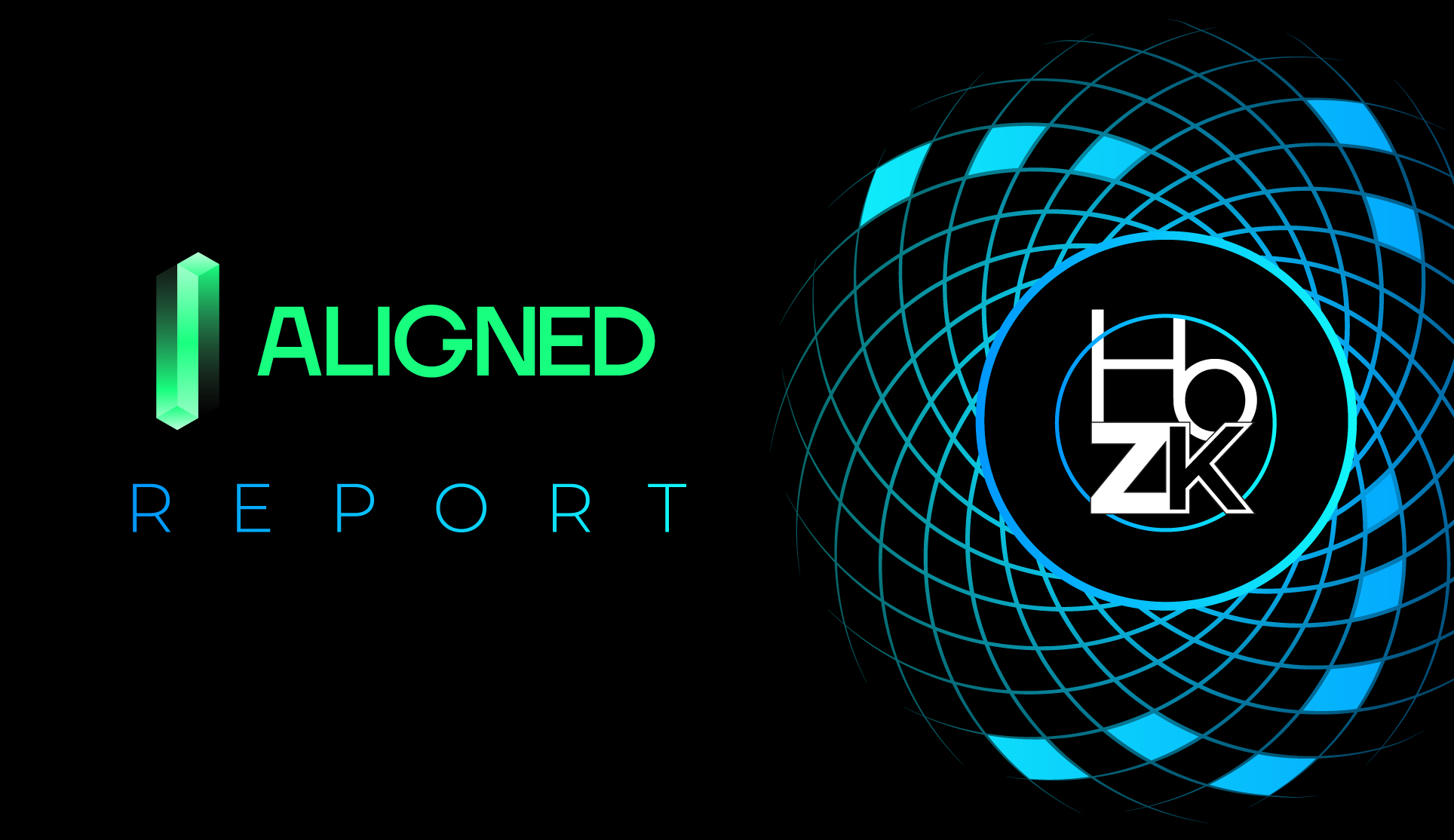
@alignedlayer has completed a security audit of its ZK Arcade smart contracts, conducted by @FuzzingLabs: https://x.com/alignedlayer/status/1982905537214992875
The review found no critical issues but reported three high-severity logic bugs, including leaderboard ordering errors and missing game-start checks, all now resolved.
With fixes implemented and further validation improvements planned, FuzzingLabs concluded the code is secure, stable, and ready for deployment.
Full audit report: https://github.com/yetanotherco/zk_arcade/blob/main/audits/fuzzing_labs.pdf
Cambridge Ethereum Workshop
Aligned published a summary of the Cambridge @ethereum Workshop held at the University of Cambridge and organized by the @ethereumfndn. Key discussions included:https://x.com/alignedlayer/status/1978769886999421365
The workshop covered:
• progress on Ethereum’s Lean Roadmap and next-generation consensus models, with contributions from @diego_aligned and @mauro_aligned.
• post-quantum security research led by teams including @corcoranwill, focusing on protecting Ethereum from future quantum attacks.
• Arklib, a new open-source library for formal verification, presented with support from @ethereumfndn.

@alt_layer announced that it has entered the SOC 2 Type II audit phase after completing its Type I certification: https://blog.altlayer.io/altlayer-enters-soc-2-type-ii-audit-phase-e482c871bb60
The audit will assess how effectively its security and operational controls perform over time. AltLayer, known for its rollup infrastructure, Actively Validated Services, and restaking products securing billions in TVL, expects completion in early 2026, reinforcing its focus on secure, scalable Web3 infrastructure.
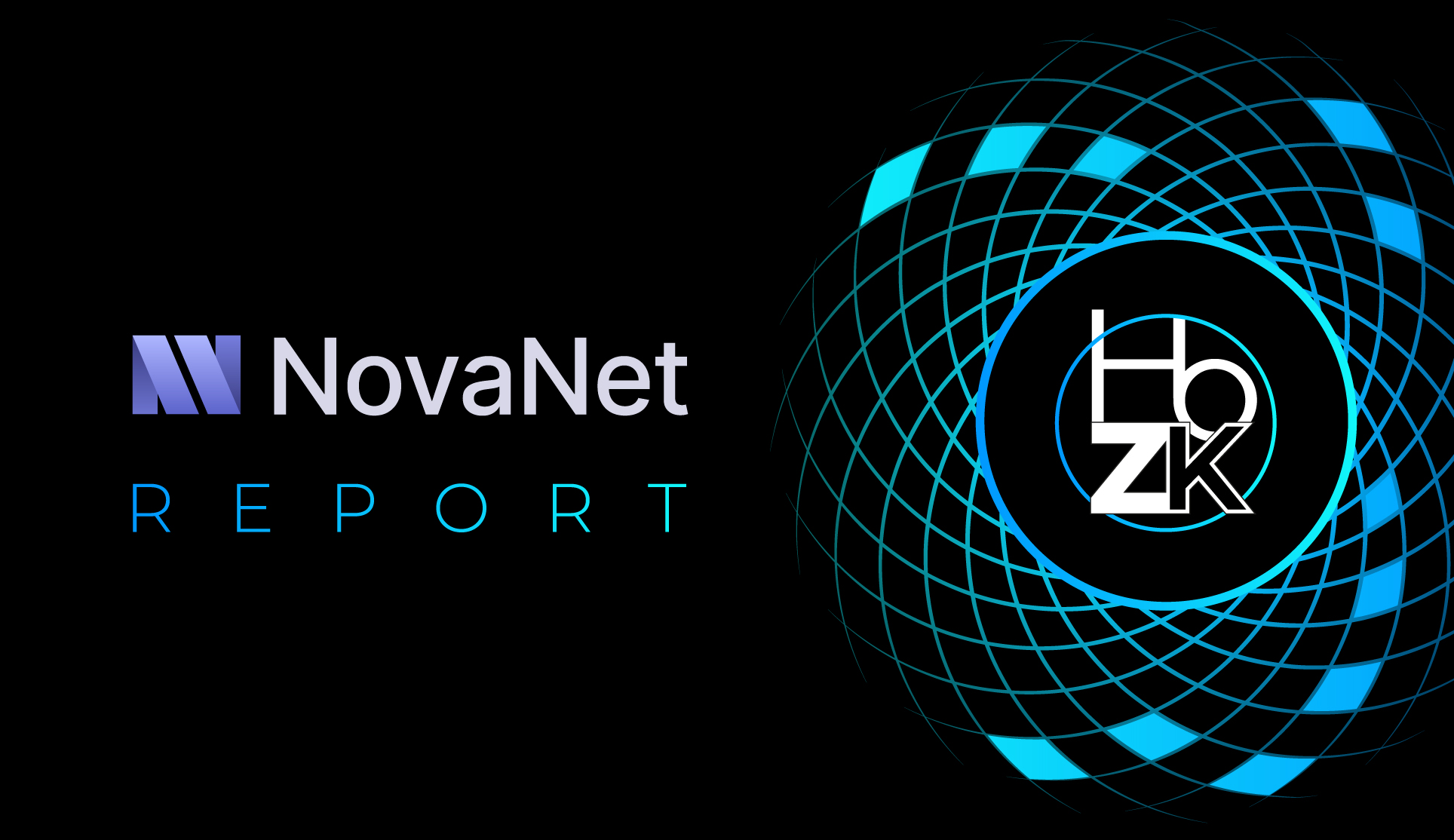
Robotics
@NovaNet_zkp has presented a system for trustless robotics that uses zkML: https://x.com/NovaNet_zkp/status/1979280834751586525
In this setup, a robot can move only after providing cryptographic proof that it has correctly performed an AI inference for object detection. The project is built with @OpenRoboticsOrg ROS2 and MobileNetV2.
Code available on GitHub: https://github.com/hshadab/robotics
Publications
NovaNet shared an article explaining how the x402 protocol and zkML proofs enable verifiable payments and trustless AI agent governance: https://novanet.xyz/blog/how-zkml-proofs-solve-the-agent-trust-problem
The system links zkML proofs - cryptographic evidence that a model performed specific computations correctly - with payment verification. This ensures agents only receive funds once verified proofs confirm correct model use.
Applications span finance, enterprise compliance, and multi-agent collaboration, reducing fraud, costs, and regulatory risks.
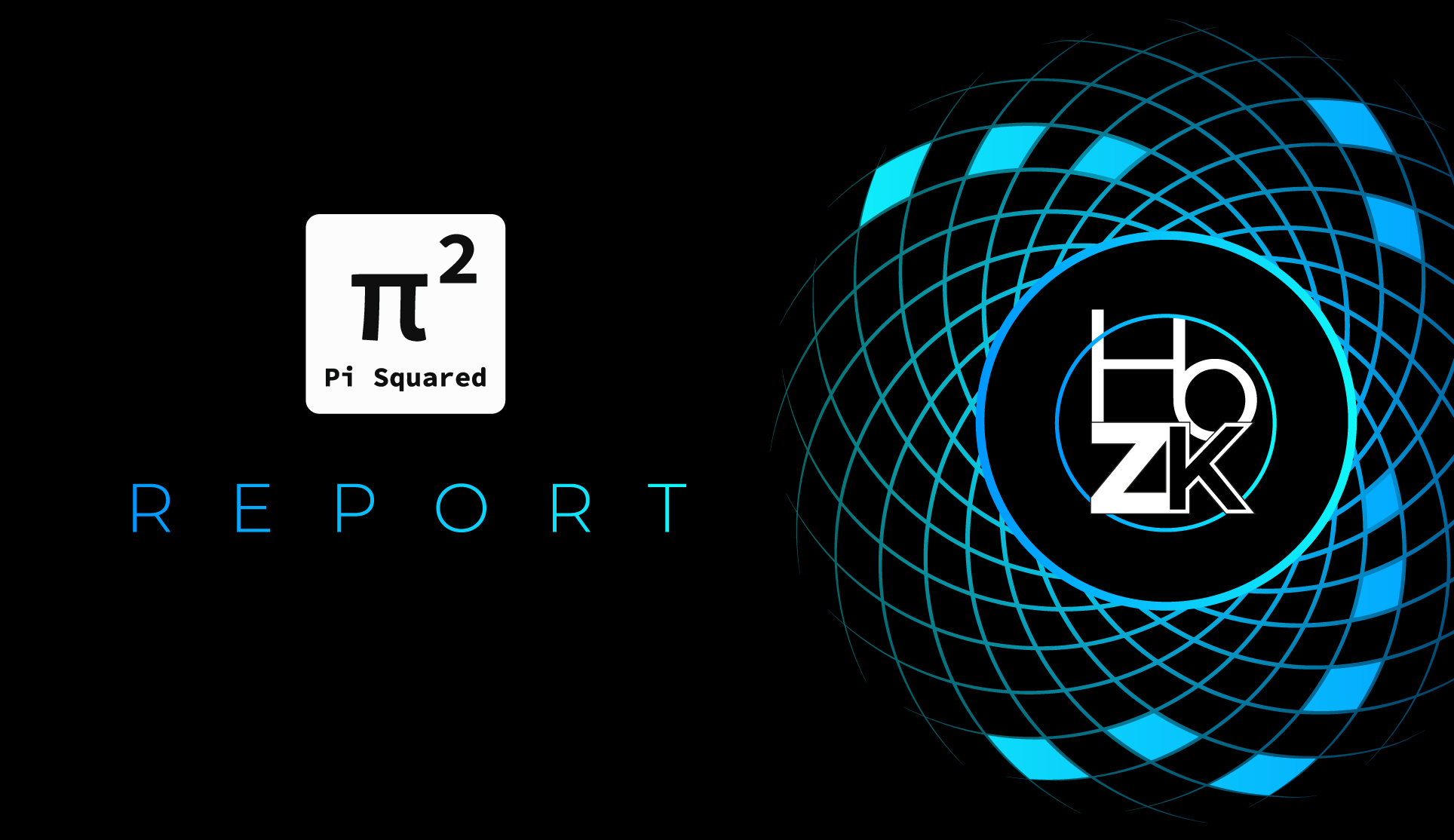
Tech
@RosuGrigore, Founder & CEO of @Pi_Squared_Pi2, shared the latest updates from the project: https://x.com/RosuGrigore/status/1980681097970147440
FastSet updates:
• Validator checkpoint initialization rolling out with account caching to store payments and claims history.
• Transaction batching and RPC-level batching finalized.
• Database pruning active to clear outdated records.
OmniSet updates:
• Deployed on staging with multi-token support, including @arbitrum Sepolia.
• Working demo open for community feedback.
• FastSet Wallet extension fully deployed.
Verification updates:
• @ethereum explorer enables full state resets and block replays.
• @Optimism explorer enhances witness retrieval and multi-fork handling.
What’s Next:
• OmniSet syncing with FastSet as integration testing advances toward Devnet 2.0.
Publications
Pi Squared has published a series of articles on building faster, scalable networks for the future of payments:
• The first article explains why today’s L2 ecosystem is breaking down. It points to slow and expensive L1 settlements as the key bottleneck and introduces FastSet - a decentralized foundation built for parallel processing, sub-second finality, and near-zero costs: https://blog.pi2.network/the-l2-compromise-is-broken-its-time-for-a-better-foundation/
• The second shows how Pi Squared is moving beyond traditional blockchains. It presents FastSet as the fastest verifiable network for instant, trustless transactions, uniting speed with mathematical rigor through its principle of verifiability by design: https://blog.pi2.network/pi-squared-the-infinitely-scalable-network/
• In the final publication, the focus turns to the coming wave of stablecoin and AI-driven payments. It discusses how current blockchains can’t meet the scale ahead and highlights FastSet and OmniSet as the solution - delivering parallel settlement, minimal fees, and seamless interoperability for a unified financial internet: https://blog.pi2.network/the-stablecoin-surge-is-coming-can-blockchains-keep-up/
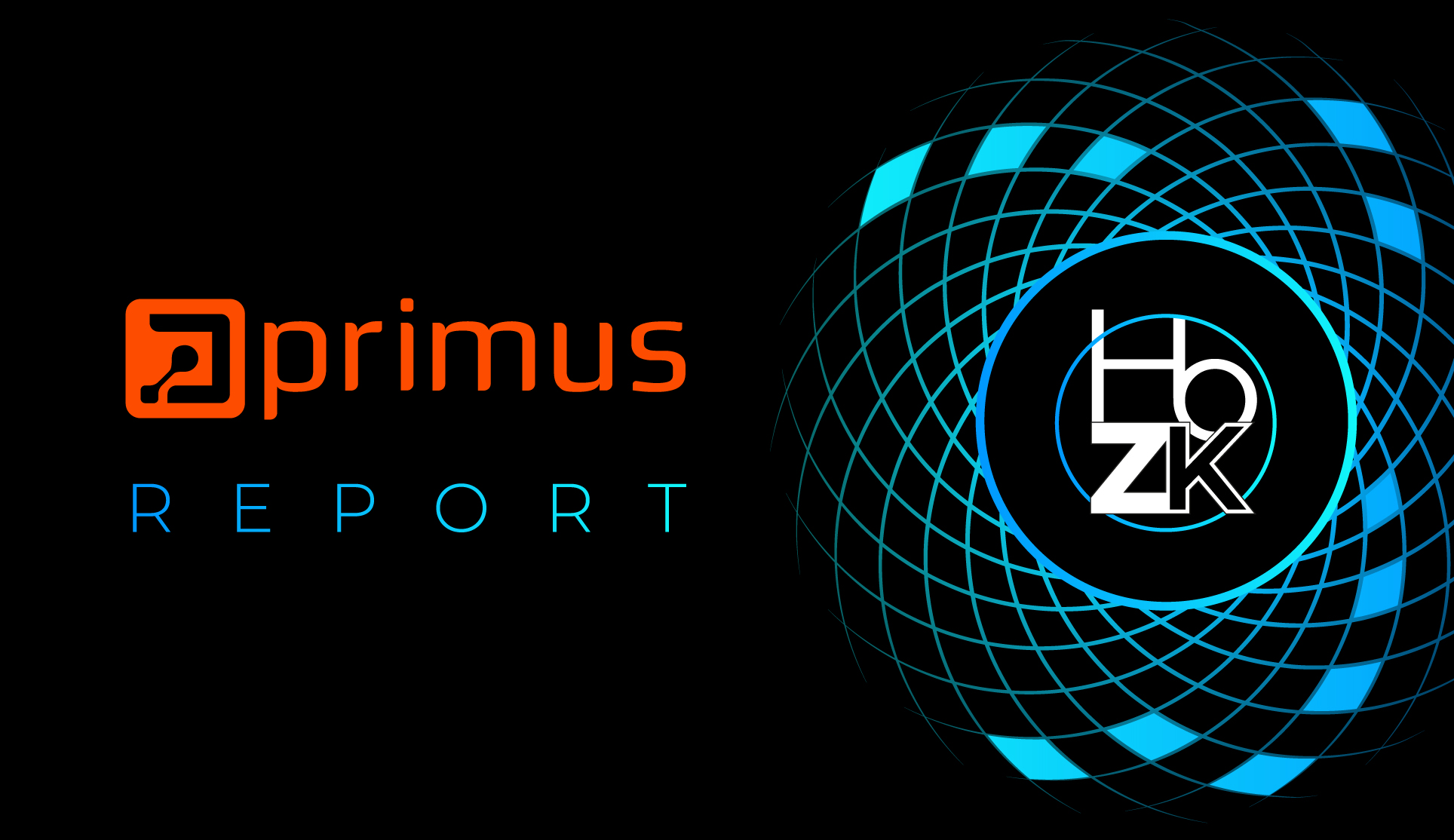
AlphaNet
@primus_labs has launched the Primus AlphaNet, a decentralized network built on zkTLS and FHE technologies to strengthen privacy and data sovereignty: https://medium.com/@primuslabs/primus-alphanet-launch-bffd37234e61
The AlphaNet enhances security by randomly selecting attestors and running nodes within Trusted Execution Environments. This phase will test real-world applications before transitioning to the mainnet, inviting users and developers to participate in shaping a privacy-first data economy.
Publications
Primus published an article covering the security architecture of AlphaNet, focusing on how it mitigates attestor-related risks in decentralized zkTLS systems: https://x.com/primus_labs/status/1980287924689363149
Instead of relying on a single operator, AlphaNet uses a smart contract to rotate attestors randomly and integrates @PhalaNetwork’s Trusted Execution Environment technology.
This setup ensures attestors execute correctly, protecting cryptographic keys and preventing collusion within privacy-sensitive applications.
Primus
AlphaNet
@primus_labs has launched the Primus AlphaNet, a decentralized network built on zkTLS and FHE technologies to strengthen privacy and data sovereignty: https://medium.com/@primuslabs/primus-alphanet-launch-bffd37234e61
The AlphaNet enhances security by randomly selecting attestors and running nodes within Trusted Execution Environments. This phase will test real-world applications before transitioning to the mainnet, inviting users and developers to participate in shaping a privacy-first data economy.
Publications
Primus published an article covering the security architecture of AlphaNet, focusing on how it mitigates attestor-related risks in decentralized zkTLS systems: https://x.com/primus_labs/status/1980287924689363149
Instead of relying on a single operator, AlphaNet uses a smart contract to rotate attestors randomly and integrates @PhalaNetwork’s Trusted Execution Environment technology.
This setup ensures attestors execute correctly, protecting cryptographic keys and preventing collusion within privacy-sensitive applications.
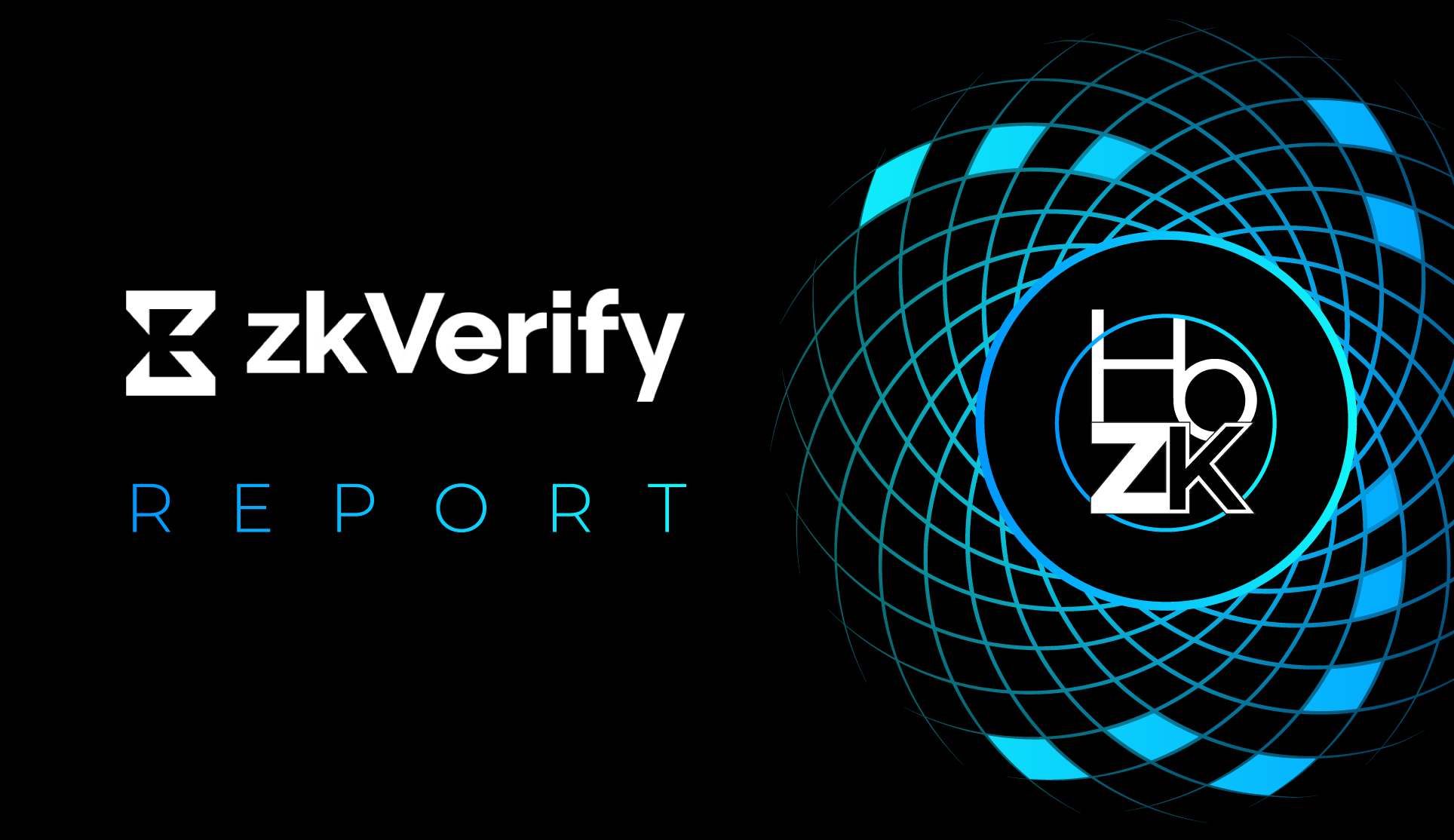
MiCAR Compliance White Paper
@ZKVProtocol has released a White Paper detailing its compliance with the European Union’s Markets in Crypto-Assets Regulation (MiCAR): https://zkverify.io/blog/zkverify-publishes-micar-compliance-white-paper
The document explains how zkVerify’s operational model, governance, and token framework meet MiCAR standards, emphasizing transparency and consumer protection. The project says it remains focused on regulatory readiness while developing blockchain verification infrastructure.
Events
zkVerify will be a sponsor of Verifying Intelligence 3.0, an upcoming event organized by @HouseofZK in partnership with @brevis_zk and @invisiblgarden: https://x.com/HouseofZK/status/1980937640686850398
Taking place on Nov 19th at Cultural Vivo in Buenos Aires during @EFDevcon, the conference explores the intersection of ZK and artificial intelligence, with support from @0G_labs, @ProjectZKM, @Starknet, @OntologyNetwork, @VeridiseInc, and @EtherArgentina.
Registration link: https://luma.com/xevcy7za
Interview
House of ZK published an interview with @rolfversluis, Growth Lead at zkVerify, from the recent Verifying Intelligence event in Singapore: https://x.com/HouseofZK/status/1981306915813503045
Rolf shared how zkVerify evolved from @horizenglobal’s privacy roots into a dedicated proof verification layer supporting multiple ZK systems. He discussed zkVerify’s Substrate-based architecture, sub-cent verification costs, and its role as a neutral hub enabling scalable, compliant, and fast ZK applications.
Partnerships
zkVerify has expanded its validator network and ecosystem with several new partners, including:
• @nansen_ai: Joined zkVerify as a validator, bringing expertise in blockchain analytics to support data transparency and onchain proof integrity: https://zkverify.io/blog/verifying-the-future-of-onchain-data-integrity
• @ISinfra: Integrated as a validator, contributing decentralized compute expertise to help verify AI workloads securely and privately: https://zkverify.io/blog/powering-verifiable-ai-with-decentralized-compute
• @everstake_pool: A leading staking provider, now part of zkVerify’s validator set. With years of experience validating major PoS networks, Everstake enhances network stability and infrastructure reliability: https://zkverify.io/blog/strengthening-proof-verification-through-trusted-validation
• @Openbitlab_node: Participated as a genesis validator, helping secure zkVerify’s mainnet from launch. Known for operating across 80+ chains, Openbitlab brings a proven track record in decentralized infrastructure: https://zkverify.io/blog/strengthening-zkverify-from-genesis
• @subscan_io: Integrated zkVerify network data into its explorer platform, expanding visibility and accessibility of proof verification activity. The partnership also includes technical collaboration and developer engagement through ecosystem events: https://zkverify.io/blog/expanding-visibility-and-accessibility-for-verifiable-data